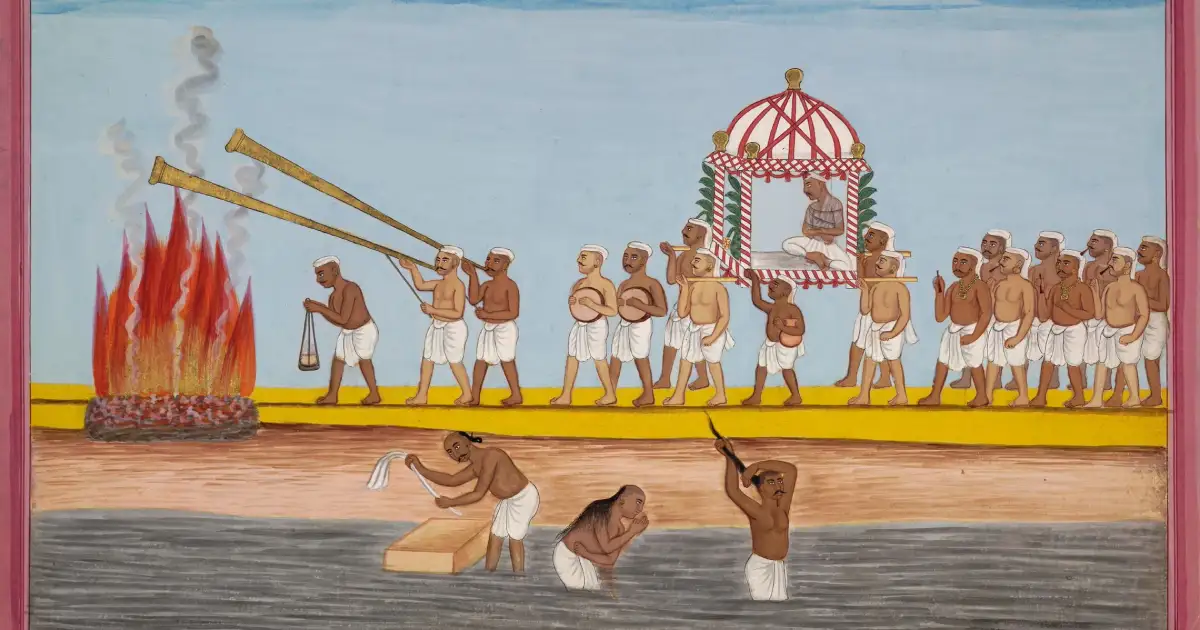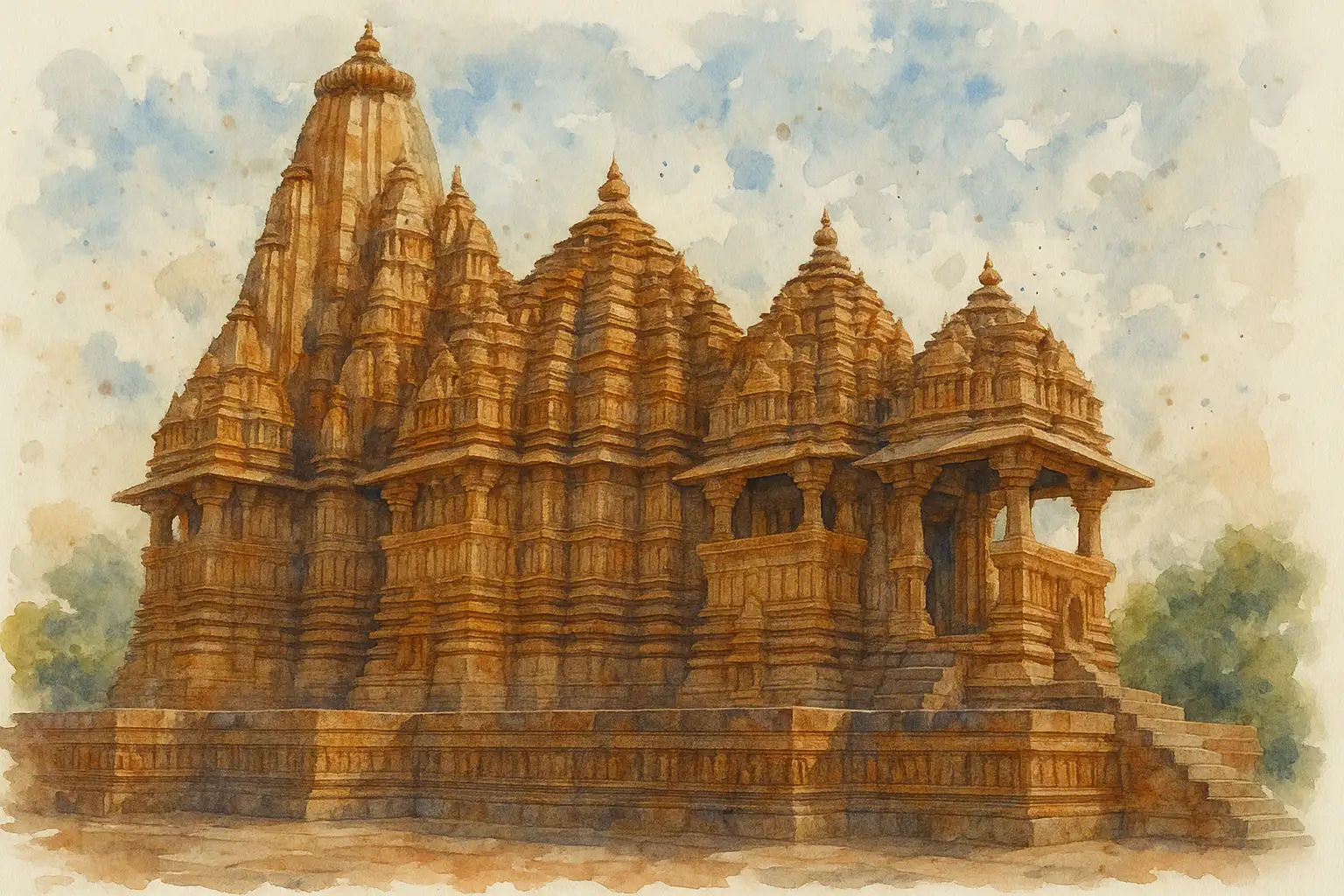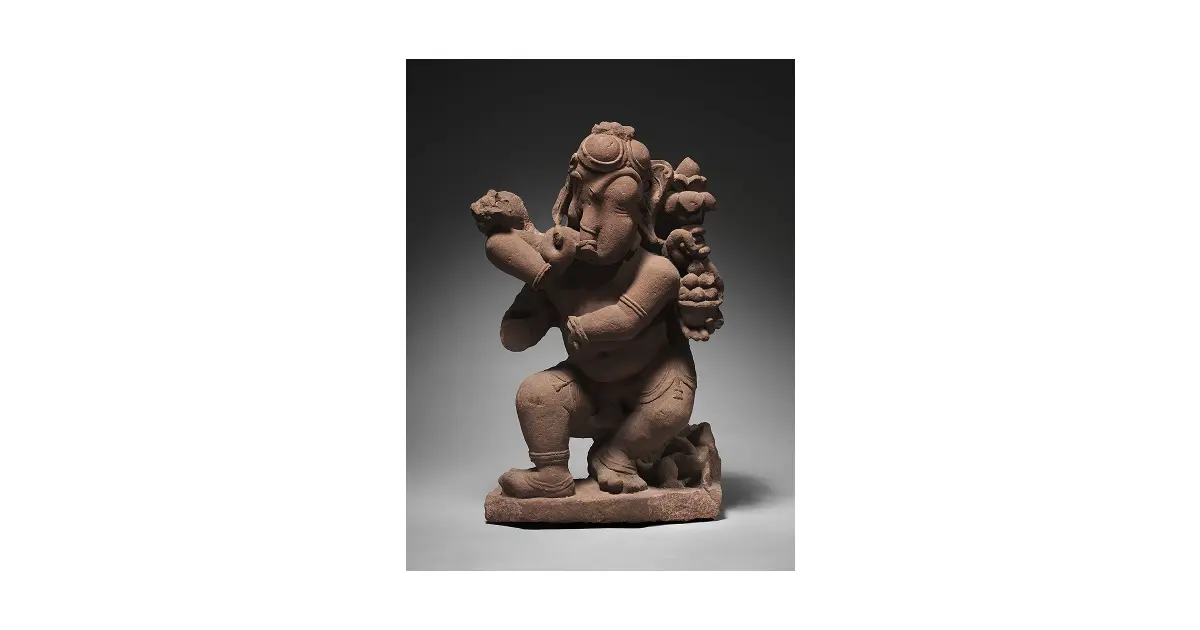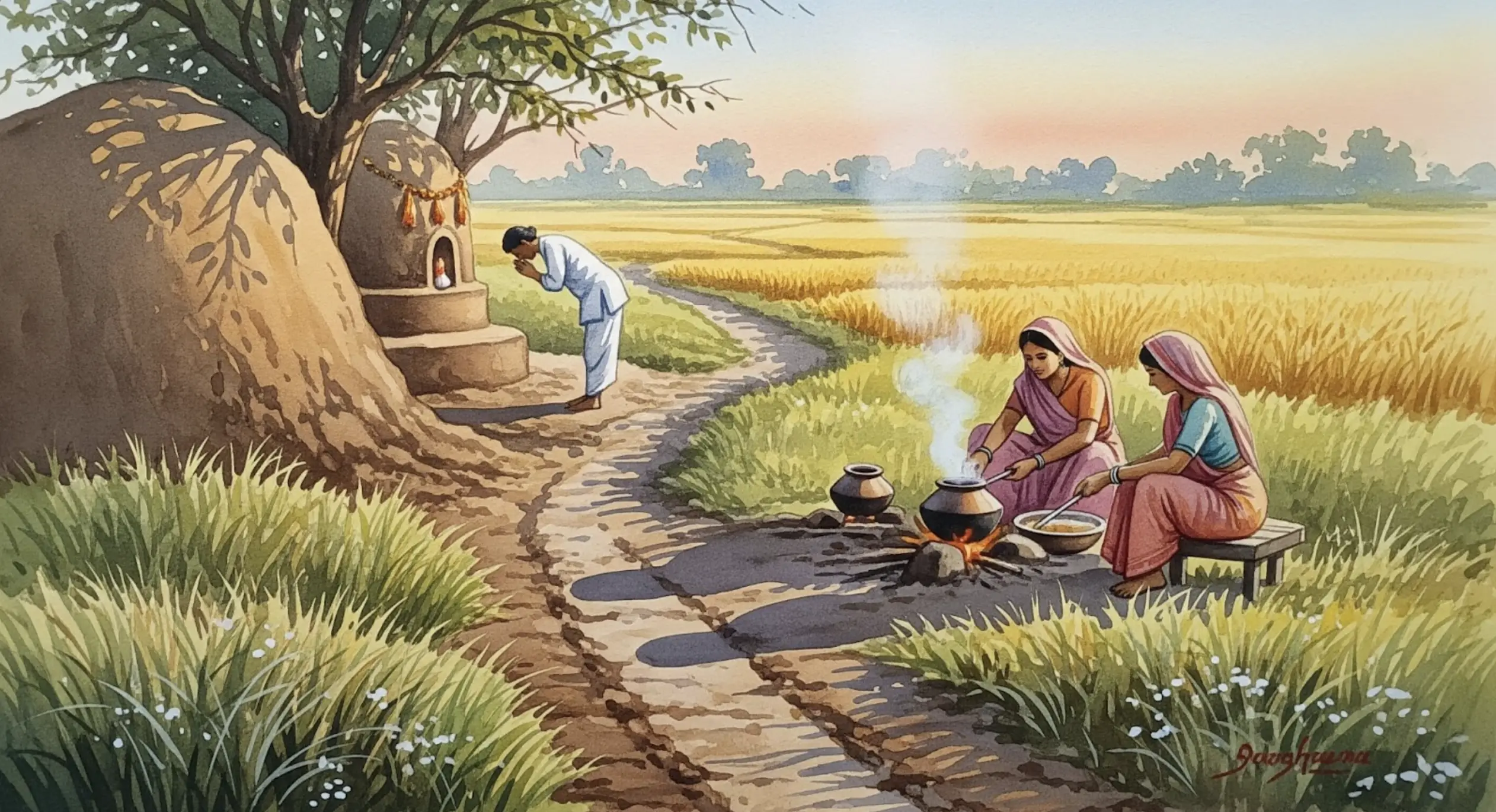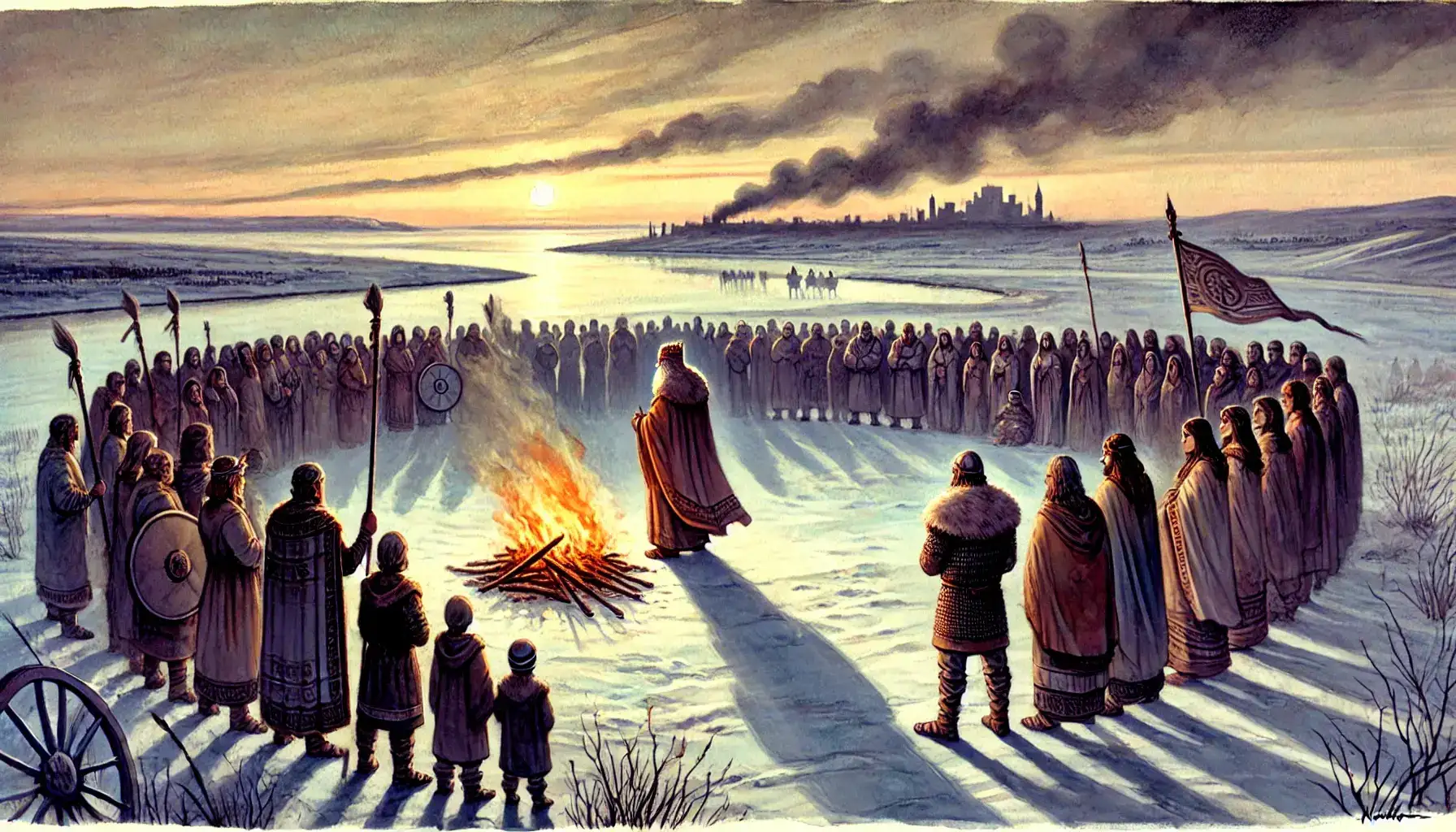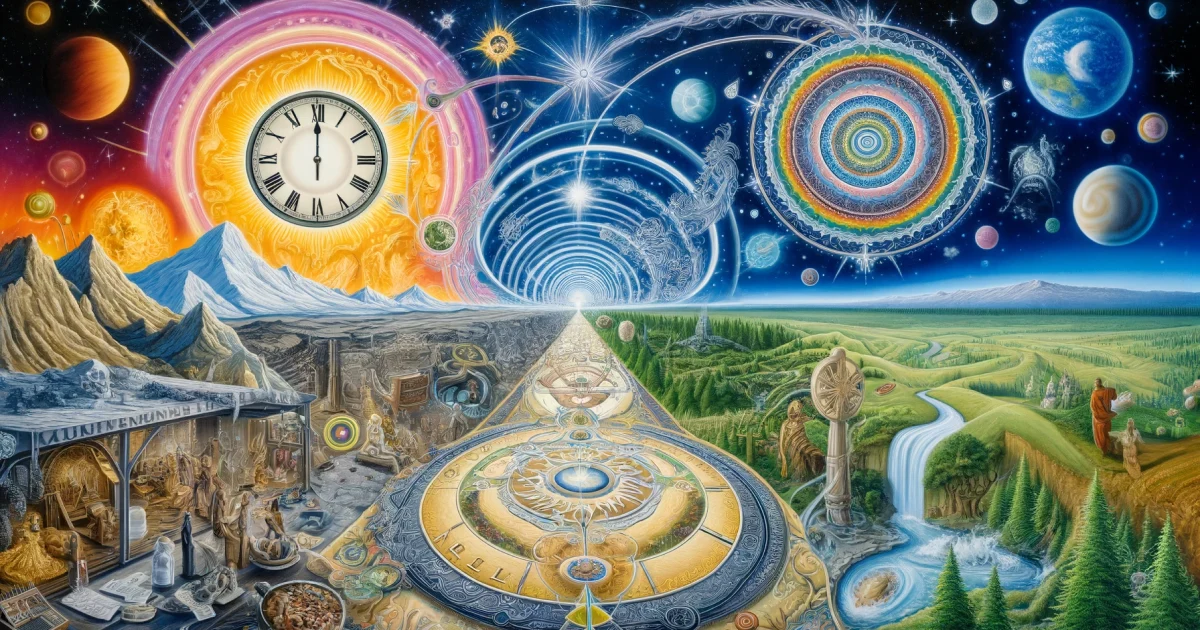Agni was the originating god, and it is to Agni that the Rig Veda opens its invocation; Agni of the two heads, one harmful, one helpful; Agni of the three arms, the manifestation of fire in the heavens as the sun, in the sky as lightning, and on the earth as flame; Agni, the medium between the gods and humanity, the mediator between humans and the earth...1
Agni is the all-knower, who gazes out at the many dawns of creation over the unfolding days, and is sent forth as the rays of the sun spreading light across sky and earth. Stephen Pyne writes that perhaps nowhere other than India have the cultural and natural parameters of fire converged so closely and so clearly. In this ancient civilisation, fire was exalted, elevated to a divine status and incorporated into ritual, purification and sacrifice. The first hymn of the Ṛgveda is a hymn to Agni, who is second only to Indra in the number of hymns written to him.
Agni do I invoke—the one placed to the fore, god and priest of the
sacrifice, the Hotar, most richly conferring treasure.
Agni, to be invoked by ancient sages and by the present ones—
he will carry the gods here to this place.
By Agni one will obtain wealth and prosperity every day,
glorious and richest in heroes.2
translation by Stephanie Jamison and Joel P. Brereton
